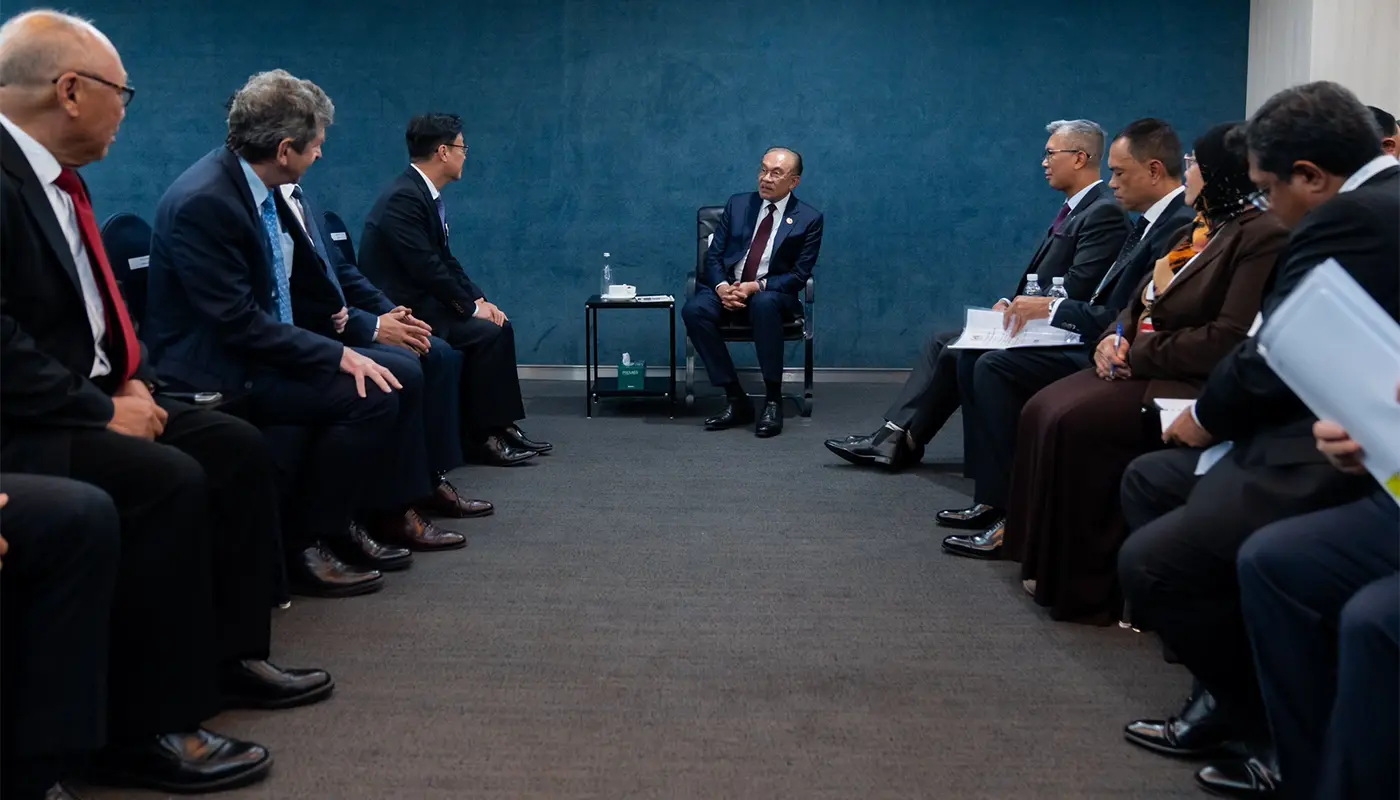GYEONGJU – A major industrial collaboration set to establish a high-value manufacturing facility has received official endorsement from the government. The project, a joint venture between JS Link and Lynas Malaysia, involves an investment of RM600 million to produce specialised rare earth magnets.
The partnership was welcomed by Prime Minister Datuk Seri Anwar Ibrahim, who met with the leadership of both companies. He characterised the venture as a strategic move that will significantly enhance the nation’s position in the global advanced materials sector.
These components, often referred to as “super magnets,” are essential for several growing technology industries. They are a critical element in the manufacturing of electric vehicles (EVs), renewable energy systems, and various other high-tech applications.
Prime Minister Anwar stated that the high-impact collaboration would fortify Malaysia’s role within the clean technology ecosystem. He emphasised that it supports international efforts to create a more secure and sustainable supply chain for critical minerals.
He confirmed the government’s support, noting, “I welcomed the strategic collaboration between the two parties to establish a RM600 million manufacturing facility to produce ‘super magnets’.” This direct endorsement signals strong federal backing for the initiative.
The project is seen as a testament to growing investor confidence in Malaysia as a destination for high-technology investment. The country is increasingly viewed as a stable, competitive, and innovation-driven location for complex manufacturing.
This initiative aligns directly with national aspirations to become a regional hub for the advanced materials sector. The government’s economic vision prioritises transitioning towards a future green economy built on knowledge, technology, and sustainable principles.
The establishment of the facility is expected to create high-skilled jobs and stimulate related industries within the local supply chain. It represents a concrete step towards integrating Malaysia more deeply into the global value chain for high-technology products.
The focus on producing essential components for electric vehicles and renewable energy also dovetails with global shifts towards cleaner energy and transportation. This positions Malaysia to contribute meaningfully to international decarbonisation goals.
The Prime Minister’s personal involvement in welcoming the investment underscores the project’s strategic importance to the nation’s long-term industrial policy. It highlights a focused approach to attracting investments that align with future economic trends.








